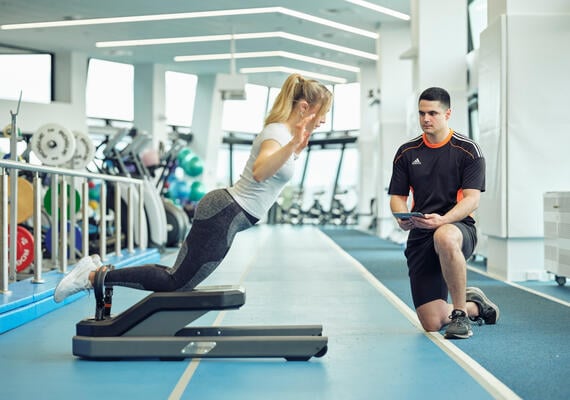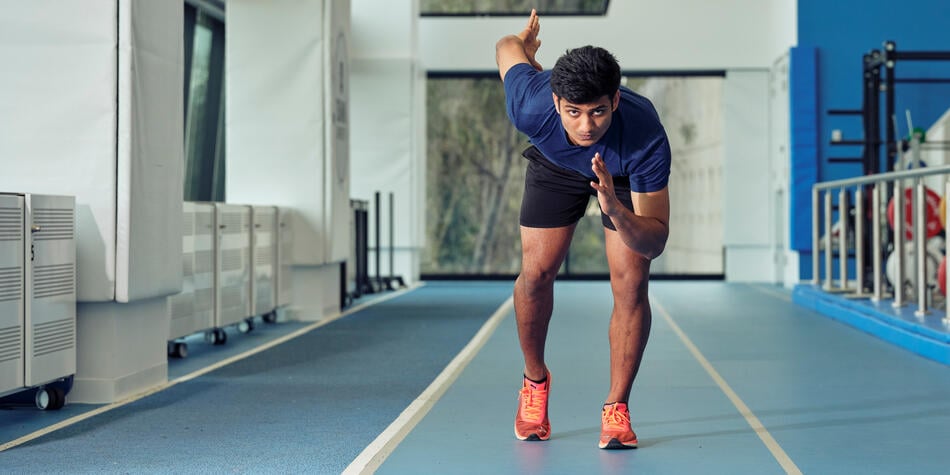Deakin’s exercise and sports science courses include practical experience via on-campus learning and industry placements. You’ll get the skills to work in a range of sport-related roles ranging from community sport to clinical exercise physiology.
Below, you can explore exercise and sport science careers, and the courses you can study to get you there.
Elite and professional sport roles
Work with athletes in high performance environments, focusing on physical development as a strength and conditioning coach, or performance and biomechanics as a sport scientist. These highly competitive roles exist in all professional sporting codes, state institutes and in some universities, particularly overseas. To get there, study Deakin's:
Community sport professional
Study a Bachelor of Exercise and Sport Science and create a positive impact in communities through sport. Community sport science professionals design and supervise training; analyse athlete performance; provide health and wellness advice; promote grass roots participation in sport; and provide structured athlete development pathways to the elite level.



